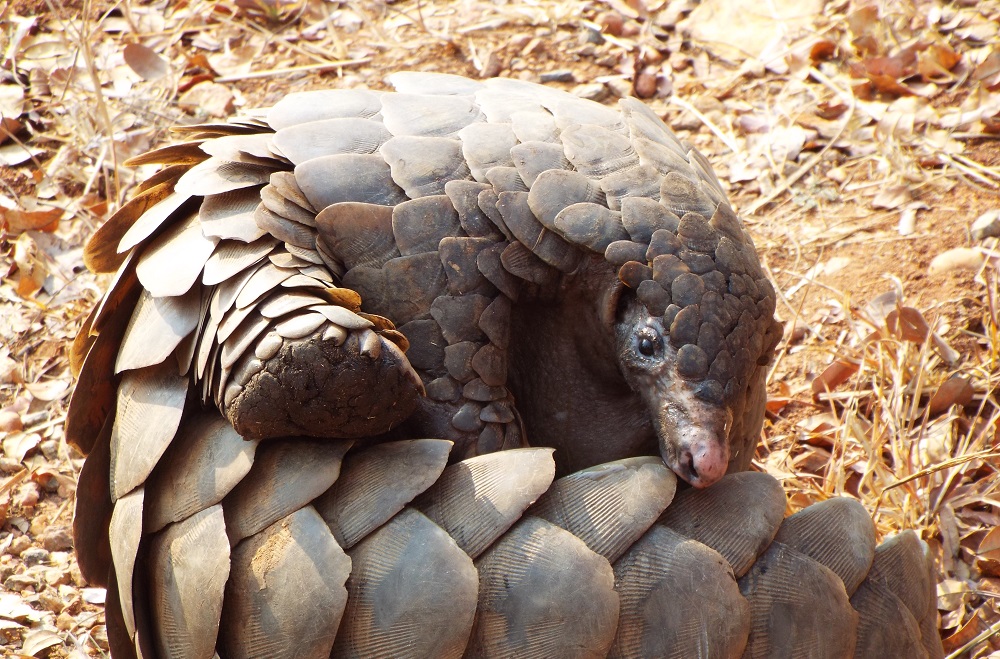
Researchers in China believe that the endangered pangolin may be the “missing link” between bats and humans in the transmission of the current, deadly coronavirus outbreak.
Bats are known carriers of the disease, which has killed more than 630 people worldwide and infected 31,000, the majority of these around the epicentre of the outbreak in China.
It was thought, however, that bats did not transmit the virus directly to humans, and researchers from France’s Pasteur Institute said there was likely to have been an “intermediary” in the chain.
They speculated that this intermediary was likely a mammal, possibly member of the badger family, and it is now believed that the pangolin may be that missing link.
China’s official Xinhua news agency has since reported on a study from the South China Agricultural University, which tested 1000 wild animal samples.
The study found “the genome sequences of viruses in pangolins to be 99% identical to those on coronavirus patients.”
Others have warned that this information should be treated with caution, as it comes from a university press release rather than a peer-reviewed scientific paper.
Independent scientists questioned research that suggested that the outbreak of coronavirus disease spreading from China might have passed from bats to humans through the illegal traffic of pangolins https://t.co/dmDtfSL3Ek pic.twitter.com/UtHYdB3gLU
— Reuters (@Reuters) February 7, 2020
The pangolin, otherwise known as a scaly anteater, is in high demand for traditional medicine in southern China, as its scales are thought to have medicinal properties.
As of January 2020, all eight species are considered to be endangered.



